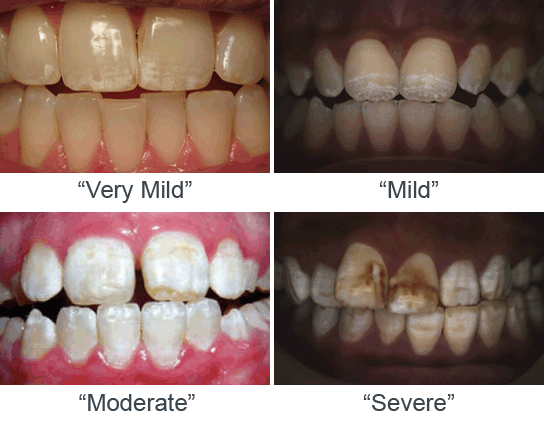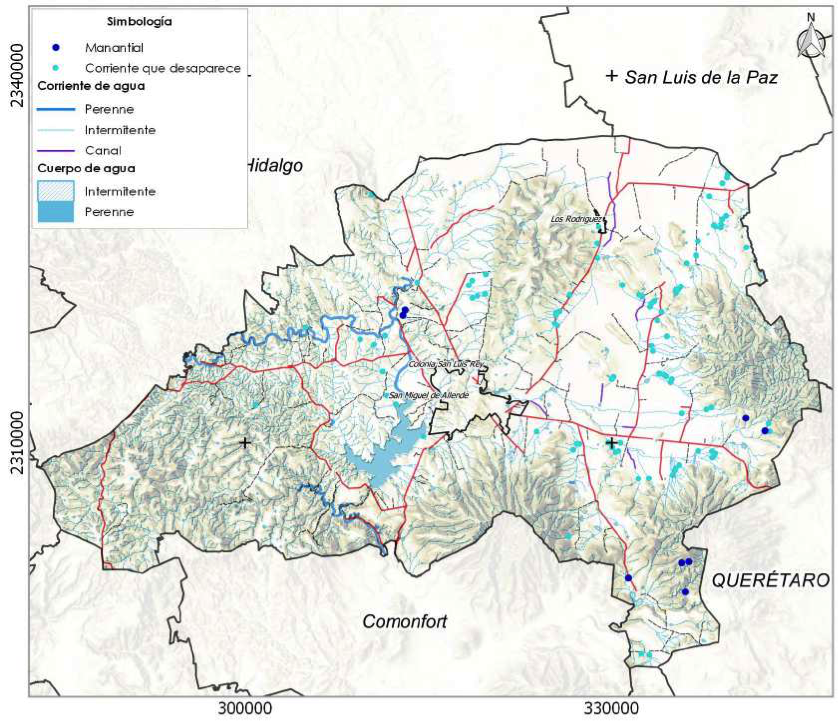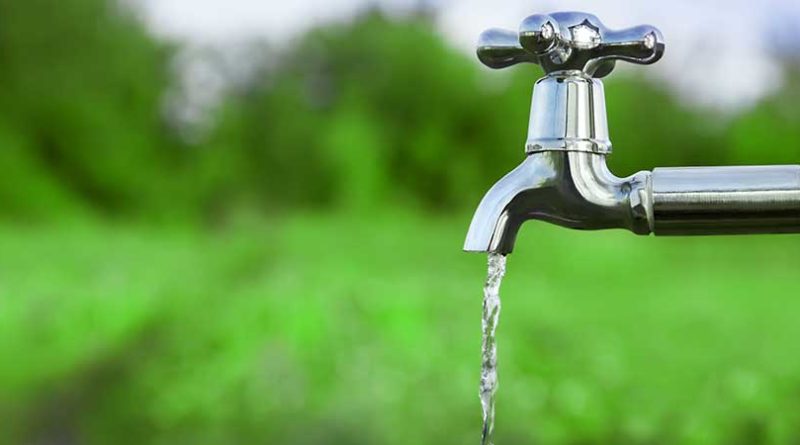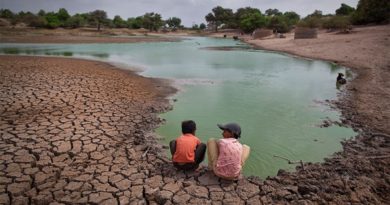Arsenic and Fluoride – A Growing Public Health Crisis
Our local water contains levels of arsenic and fluoride that far exceed the limits set by the World Health Organization. As we continue to deplete our aquifer, these concentrations are increasing, presenting grave health risks to all of us. Babies and children are the most vulnerable.
Fluoride is generally believed to be beneficial in very small doses for the prevention of tooth decay. However, high levels can be extremely dangerous. We have all seen the staining and discoloration of the teeth that indicate dental fluorosis or skeletal fluorosis around the municipality. But the damage is much more serious than aesthetics. Studies correlate in utero exposure with intellectual impairment and behavioral problems such as ADD. Joint pain is common, as are cardiovascular problems. Renal failure and some types of cancer may also be connected to fluoride.

The effects of arsenic are less visible that those of fluoride but equally concerning. Arsenic is a neurotoxin and potentially hazardous to children’s physical and mental development. Arsenicosis causes skin problems, pain and vomiting. It also can lead to kidney failure and cancers.
Both arsenic and fluoride are odorless, colorless and completely undetectable to the eye so there is no way to know what we are drinking. Most of us living in the urban area drink bottled water, raising the issue of plastics. Some have the resources to install expensive and wasteful reverse osmosis systems. For those living in the rural communities, the only option is often drinking well water.
All local experts agree that the only way to stem this massive public health crisis is rain water catchment. A few months ago, a group of 14 NGO’s came together, along with SAPASMA and the municipal government, to form the Agua Vida coalition. The coalition is focused on education and conservation along with the promotion and installation of rain water catchment systems. One member, Caminos de Agua, has installed hundreds of cisterns, with plans for thousands more, and is developing inexpensive filters. Another member, The Rotary Club, has installed approximately 1400 cisterns. Their work has just begun.

If you are concerned about what is in your water, Caminos de Agua offers water testing through their website www.caminosdeagua.org. if you want to reduce your use of the aquifer, most houses can be retro-fitted for rainwater catchment, even in the urban area. Caminos del Agua will be offering an information session on how to do so soon. Check their website for dates.
We at the Observatorio applaud the efforts of the Agua Vida coalition. Access to safe drinking water is a basic human right. We hope that SAPASMA will do their part to ensure that every member of the municipality can enjoy this right.




